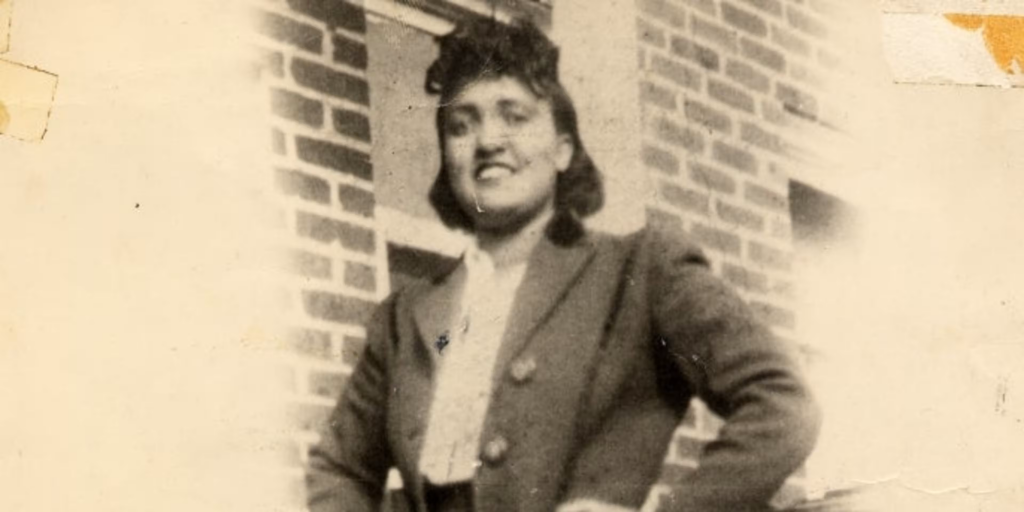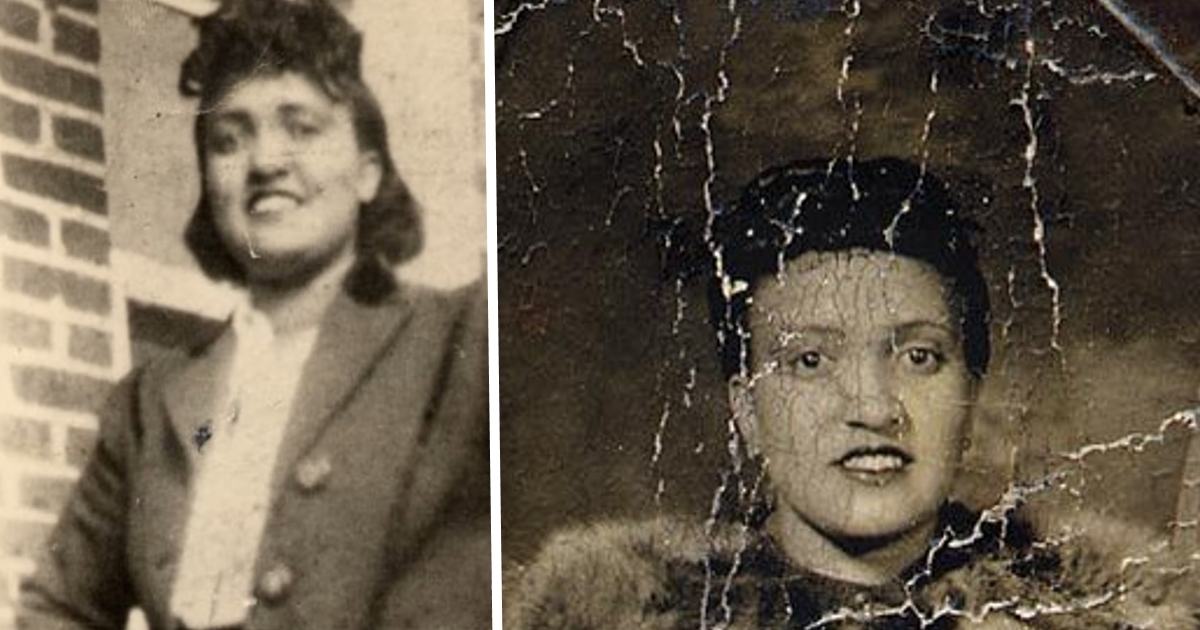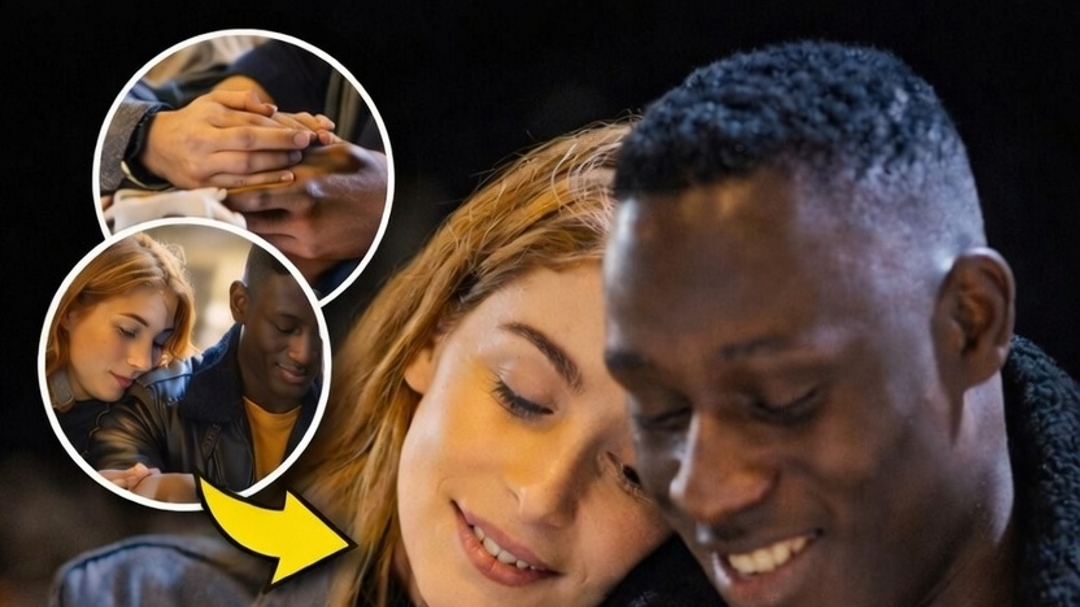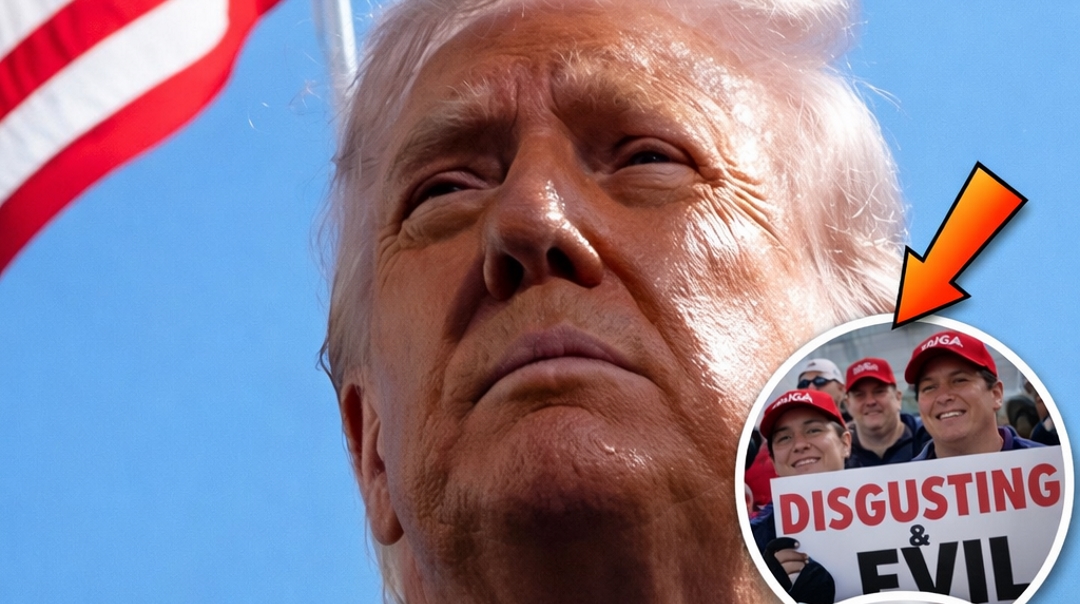In **1951**, Henrietta Lacks—an African-American mother of five—sought treatment for cervical cancer at **Johns Hopkins Hospital in Baltimore**. Unbeknownst to her, doctors extracted tissue samples from her tumor during a biopsy without obtaining consent. From those samples emerged the world’s first immortal human cell line: **HeLa cells**, which have powered countless medical breakthroughs ever since Henrietta Lacks’ biography and recounted in *The Immortal Life of Henrietta Lacks* by Rebecca Skloot.
Unlike any cell culture before, HeLa cells continued to reproduce indefinitely. That ability ignited advances in vaccines such as **polio**, **HPV**, **chemotherapy**, **gene mapping**, in vitro fertilization, and COVID‑19 research—making her contribution foundational to modern medicine MedicalNewsToday on her everlasting impact and Stanford Blood Center’s detailed legacy.

“Her cells changed the course of medicine—yet her family didn’t even know for decades.”
While Henrietta died shortly after on **October 4, 1951**, her cells flourished. However, it wasn’t until **1973**—over two decades later—that her family discovered researchers had been using HeLa cells worldwide, renamed improperly, and even speculating about “living clones.” That realization left her children outraged and feeling deeply betrayed Wikipedia summary of delayed family discovery and *Nature*-backed historical reporting on the naming confusion.
Ethical reform followed: the **Common Rule** in 1991 introduced stricter rules for informed consent, partly due to Lacks’ case. By 2013, the **NIH and Lacks family** agreed on controlled access to HeLa’s full genome. In 2023, the family reached a settlement with **Thermo Fisher Scientific** over unauthorized profits from HeLa-derived drugs, part of a broader fight that also targets corporations like Novartis and Viatris for misuse of her cells via Reuters coverage of the Lacks suit and noted in legal history Medical News Today’s review.
Her story stands as an emblem for the **long history of medical exploitation of Black women in America**, tracing back to early surgical experiments on enslaved women by J. Marion Sims and the abuse of marginalized populations like those in the Tuskegee experiment. Historian Harriet Washington calls Lacks’ case emblematic of systemic injustice rather than isolated wrongdoing TIME on broader medical abuse context and *Teen Vogue* op‑ed on racial mistrust in health care on systemic racism roots.
The human impact was profound. The Lacks family remained in poverty and lacked access to medical care while HeLa cells fueled pharmaceutical profits. For decades, they were ignored by the institutions profiting off their mother’s tissue. They first learned about how her cells were used only after a researcher contacted them for DNA testing in the 1970s Johns Hopkins on family outreach and bioethics reviews Wikipedia context.

Researchers argue HeLa cells contributed to over **60,000 published studies by 2009**, and continue appearing in hundreds of scientific papers monthly. They were instrumental in **cloning**, **AIDS research**, organ transplant testing, and chemotherapy progress. Yet the human cost—Henrietta’s anonymity, family suffering, and enduring distrust—underscores a painful paradox: a transformative medical legacy built without respect for individual rights on HeLa’s scientific significance and *CancerLetter* overview on health research breakthroughs.
Recognition has gradually followed. In 1996, the **HeLa Women’s Health Conference** began. Johns Hopkins established the **Henrietta Lacks Memorial Lecture Series**, and institutions have named schools, buildings, and even an asteroid after her. In 2021, the **WHO posthumously honored** Lacks for her unwitting yet immeasurable contribution to science—symbolizing overdue justice at an international level on Hopkins honors and *Axios* coverage of WHO recognition on global acknowledgment.
In retrospect, the tragic reality is that Henrietta Lacks never consented to her cells’ use, never witnessed their global impact, and never saw her name attached to scientific milestones. Yet through her cells, she lives on in every **polio vaccine**, **cancer therapy**, **genome map**, and emerging medical breakthrough. Her story demands we honor autonomy, informed consent, and the dignity of every human subject in medical research.








